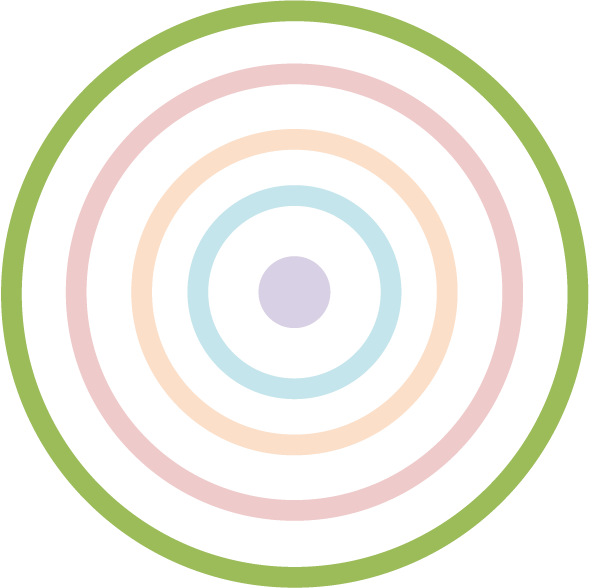
Drivers for Change – Ways of Knowing
Equity Framework > Drivers for Change > Ways of Knowing
How do you know what you know?
There are many different ways to understand and engage with the world around us. Dominant knowledge systems tend to value data, scientific analysis, logic, and theory. There are many knowledge systems which help to appreciate complexity and open up opportunities for change. Seeking out and holding space for many ways of knowing is important to disrupting dominant structures and reducing systemic barriers.
Adapted from:
Perry, E. S., & Duncan, A. C. (2017, June 2). Multiple Ways of Knowing: Expanding How We Know. Retrieved from
https://nonprofitquarterly.org/2017/04/27/multiple-ways-knowing-expanding-know/
Battiste, M. (2002). Indigenous knowledge and pedagogy in First Nations education: A literature review with recommendations (pp. 1-69). Ottawa: National Working Group on Education. Retrieved from
https://www.afn.ca/uploads/files/education/24._2002_oct_marie_battiste_indigenousknowledgeandpedagogy_lit_review_for_min_working_group.pdf
Madjidi, K., & Restoule, J. P. (2008). Comparative indigenous ways of knowing and learning. Comparative and international education: Issues for teachers, 77-106. Retrieved from
https://www.scribd.com/document/338903018/Madjidi-Comparative-Indigenous-Ways-p-1-16
Further Reading / Additional resources
- The Ontario Federation of Indigenous Friendship Centres (OFIFC) describes their approach to research, evaluation, and ethics including The USAI (Utility, Self-voicing, Access, and Inter-relationality) Research Framework to guide all Indigenous research projects conducted by the OFIFC and involving urban Indigenous communities. Available from: https://ofifc.org/research/ and https://ofifc.org/wp-content/uploads/2020/03/USAI-Research-Framework-Second-Edition.pdf
- The City of Toronto’s Reconciliation Action Plan acts as a guide for the City’s actions towards truth, justice and reconciliation from 2022 to 2032. It includes a glossary of foundational terms, a set of values and principles, as well as commitments to embedding Indigenous ways of knowing in City practices. City of Toronto. 2022. Reconciliation Action Plan. Available from: https://www.toronto.ca/city-government/accountability-operations-customer-service/long-term-vision-plans-and-strategies/reconciliation-action-plan/
- Cull, I.; Hancock, R.; McKeown, S.; Pidgeon, M.; Veda, M. (2018). Indigenous Ways of Knowing and Being. Pulling Together: A Guide for Front-Line Staff, Student Services, and Advisors.
https://opentextbc.ca/indigenizationfrontlineworkers/ - Pulling Together: A Guide for Front-Line Staff, Student Services, and Advisors is part of an open professional learning series developed for staff across post-secondary institutions in British Columbia. Guides in the series include:
Sample Tools
University of Toronto: Ontario Institute for Studies in Education. (n.d.). Indigenous Ways of Knowing E-Learning Course.
https://www.oise.utoronto.ca/abed101/indigenous-ways-of-knowing/
This module is one in a set of learning modules created to support and inspire educators and future teachers to gain a deeper understanding of Indigenous perspectives and an appreciation of how Indigenous knowledge and worldviews can assist all learners in their educational journey. The modules include suggested activities for further application of the concepts. Everything is free and open source. Created by Jean-Paul Restoule (Anishinaabe) a member of the Dokis First Nation. He is an associate professor of Aboriginal Education at the Ontario Institute for Studies in Education of the University of Toronto.
